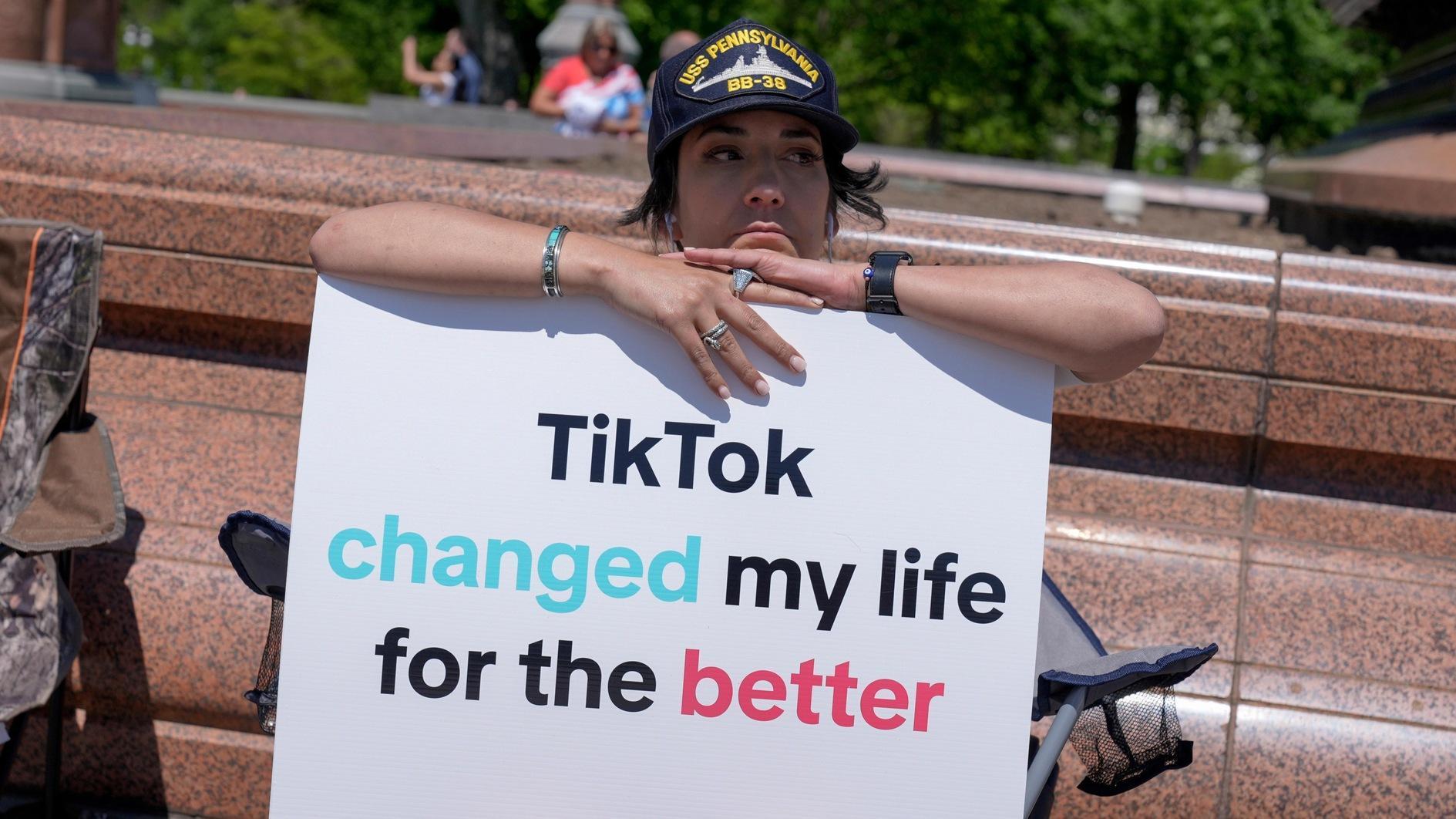What’s next? Doctors' plot?
It has been almost two weeks since the beginning of mass protests against the Turkish government. But Tayyip Erdoğan, the target of all the anger in the streets, has made it clear that nothing much will change in the near future. He will not revise his plans to rebuild Istanbul’s Taksim Square, and, as his defiant speeches in the past week has proven, he does not plan to change his political style either.
It would be unfair to say that there has been no step back from the government. It was announced that the Ottoman Military Barracks, which are planned to replace the Gezi Park, will become not “a mall or residence” but a museum. (Earlier mentions of a mall or residence had enraged many people.) Police violence has been restrained to some extent. And Erdoğan announced that he will listen to the representatives of peaceful protestors, in a meeting that is supposed to take place this afternoon. We will see what happens.
What is most worrying for me though is the way both Erdoğan, his government, and his supporters have interpreted the protests: A conspiracy orchestrated by “dark powers that want to halt Turkey’s progress.” Erdoğan, in particular, condemned something he called “the interest lobby,” or those who are supposedly profiting from high interest rates in Turkey. It was not very clear how he connected all the left-wing groups in Taksim and elsewhere — from Leninists to Maoists and even “Anti-capitalist Muslims” — to this capitalist plot. Yet still, none of his followers seem to have any trouble in believing in this mythical scheme.
In the pro-Erdoğan media, this conspiratorial interpretation of the events has been taken to new, and more absurd, levels. Daily Yeni Şafak, in particular, launched a series of bizarre theories. First, they argued in huge headlines that the protestors in Turkish streets were organized from a base in Houston via “the Zello organization.” Soon, saner people pointed out that Zello is not an “organization,” but an iPhone app like Twitter or Viber. Being ridiculed by these criticisms, Yeni Şafak did not lose hope, and a few days later launched another conspiracy theory focusing on George Soros, chairman of the Open Society Institute, and his alleged “hidden hand” in Turkey’s streets.
It is unbelievable how, by all this, the pro-AKP camp is perfectly imitating the Kemalists that they have replaced thanks to democratization. It was the Kemalists who condemned “foreign powers” to help the AKP rise to power, due to a “moderate Islam project” that they first invented and then passionately believed. It was again George Soros, and his “children,” who loomed large in their political paranoia.
This pathetic indulgence in conspiracy theories is, of course, a common political disease in Turkey, which serves nothing but arrogance and self-righteousness. (Because if all your troubles are created by evil conspirators, then you have no mistakes to correct and no need for any self-criticism.) But the fact that the AKP has suddenly embraced this mindset so willfully indicates how badly they have internalized some of the habits of the old establishment they are proud to have overthrown. I am just hoping that not all of them seriously believe in this nonsense, and their more analytical minds are trying to understand the real (i.e., social) dynamics of the discontent with their policies.











